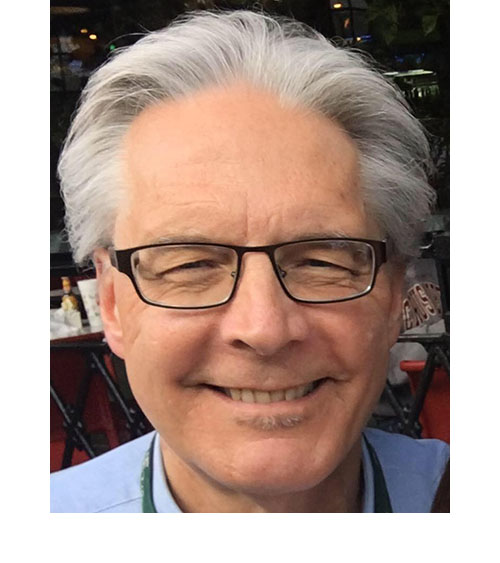David Blask, PhD, MD

David E. Blask, Ph.D., M.D., is currently Professor of Structural & Cellular Biology, Tulane Univ. School of Medicine, where is also the Head of the Laboratory of Chrono-Neuroendocrine Oncology and Associate Director of the Tulane Center for Circadian Biology and the Circadian Cancer Biology Group. He is also a member of the Tulane Cancer Center and the Louisiana Cancer Research Consortium and the Tulane Center for Aging. For over 30 years, Dr. Blask’s research has focused on the circadian control and therapeutics of cancer by melatonin as well as the consequences of the circadian disruption of melatonin production by light at night on cancer growth progression, signaling/metabolism, resistance to therapy and metastasis. He has authored or co-authored over 400 publications including original, peer-reviewed journal articles, invited book chapters, reviews and monographs and scientific abstracts. His research has been supported by funding from the National Cancer Institute, National Institute of Child Health and Human Development, National Institute of Environmental Health Sciences, National Center for Complementary and Alternative Medicine, The Edwin Pauley Foundation and the National Leiomyosarcoma Foundation. He currently serves on the editorial boards of the Journal of Pineal Research and Melatonin Research, and he is a consultant for the photobiology group of the International Dark-Sky Association. Dr. Blask has also served as a member of the working group on shift work for the International Agency for Cancer Research of the World Health Organization and expert panel on light at night, circadian disruption and shift work for the National Institute of Environmental Science/National Toxicology Program. Blask’s laboratory in collaboration with George C. Brainard, Ph.D. and his group, were the first to discover and establish the nocturnal circadian melatonin signal as the first soluble circadian anti-cancer signal in human subjects. They also were the first to demonstrate that human exposure to polychrhomatic light at night induces circadian disruption/suppression of the melatonin signal that results in the stimulation of human cancer growth progression and metabolism. Blask has been the recipient of a number of awards recognizing his research accomplishments including the prestigious Aaron B. Lerner (discoverer of melatonin) Pioneer Medal for Outstanding and Sustained Contributions to Melatonin Research. In recent years, his research on light at night and cancer has been featured several documentary films including: 1) the award-winning and Emmy-nominated documentary film “The City Dark” which has been aired on the PBS documentary series P.O.V.; 2) “Lights Out” which has been aired on the CBC science documentary series “The Nature of Things” narrated by David Suzuki; and 3) “Cancer and Human Evolution” which was aired by the Japanese Broadcasting Corp. (NHK) in their award-winning NHK science series, “The Origin of Diseases 2”. When he’s not doing research or teaching medical students, Dr. Blask is a professional jazz trumpet player here in New Orleans and has performed at the French Quarter Festival and New Orleans Jazz and Heritage Festival; currently he performs every Friday night in the Burgundy Bar at the Saint Hotel.
